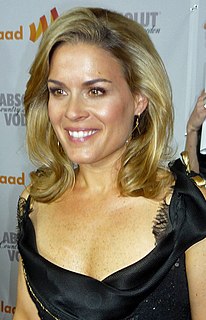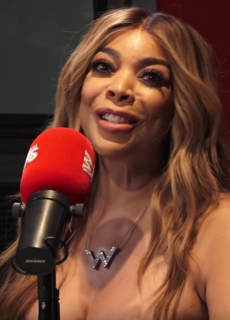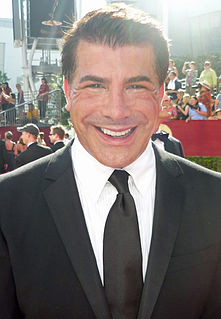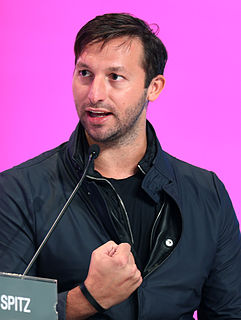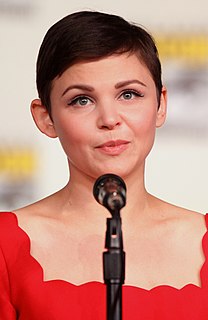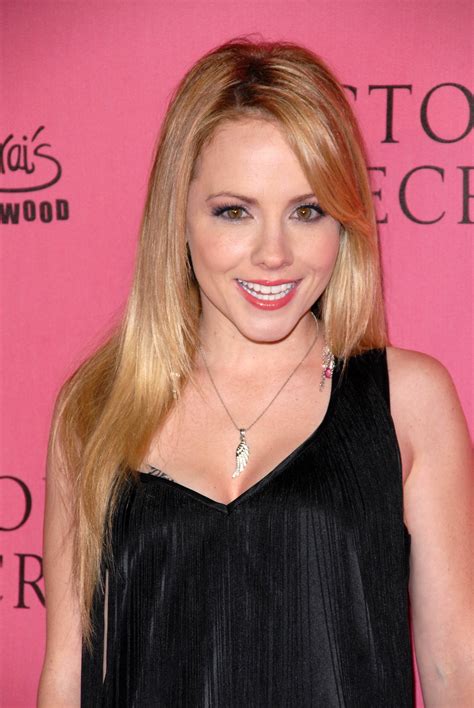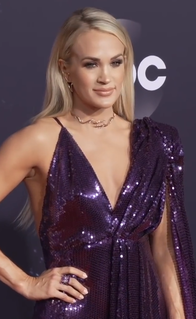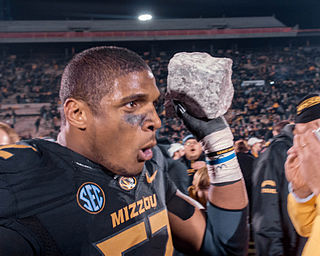A Quote by Cat Cora
No one knew I was gay growing up but I was bullied. I was a cheerleader, fairly popular and considered straight.
Quote Topics
Related Quotes
And that really captures the difference for the bullied straight kid versus the bullied gay kid, is that the bullied straight kid goes home to a shoulder to cry on and support and can talk freely about his experience at school and why he's being bullied. [...] And I couldn't go home and open up to my parents.
Those people are seen, I assume, by Larry [Kramer] as writing partly about gay issues and problems, whether it's on the surface or not, and I am not. But another thing is when we met, there still wasn't exactly a gay/straight divide in the minds of a lot of straight people. There weren't any gay people, as far as we knew, at Yale.
This Is Me”: ”For the record, I am not gay and all my sexual experiences have been straight. I'm attracted to women, I love children and aspire to have a family one day … I know what it's like to grow up and be told what your sexuality is, then realising that it's not the full reality. I was accused of being gay before I knew who I was.
I would point out that I'm an actress for a reason! If I were popular in high school, I would have considered another career because I wouldn't have been alone in my room, making up other characters for myself. I definitely had growing pains. The popular kids didn't want anything to do with the girl who was starting the drama club.
The ball scene was never really only gay people. I think people have this notion that if there's a man hanging around a gay man, he must be gay, but that's just stigma. Back in the day, it was the same; there were lots of different people there: gay, straight, whatever. They did not care what they were called because they knew who they were.
